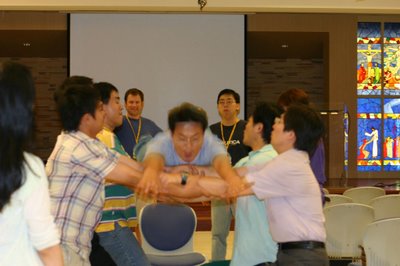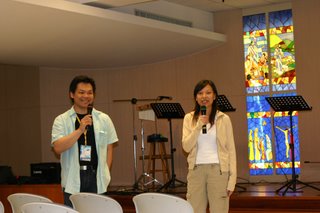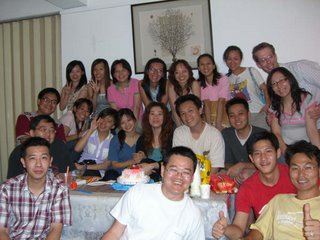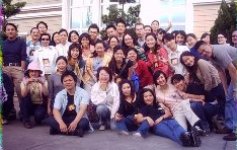by Bob Morris Gifts from the Ascended Jesus and an Argument with The Gospel of Judas (Ephesians 4:8-10) This is why it says: “When he ascended on high He took many captives And gave gifts to his people” (What does “he ascended” mean except that he also descended to the lower, earthly regions? He who descended is the very one who ascended higher than all the heavens, in order to fill the whole universe’)When you check out the passage Paul is quoting from the Old Testament (Ps. 68: 18), it is difficult to see how it is a parallel to his point here. David had written, “When you ascended on high, you took many captives; you received gifts from people…” Did Jesus receive or give gifts? When we hit as glaring a textual problem as this but are convinced of the dependability of the Scriptures, what are we to do?
The first solution is to ask wiser, more knowledgeable people. For example, John Stott explains that in the ancient world war booty was received and simultaneously distributed. He suggests that the Hebrew text lends itself to both interpretations. He quotes Acts 2:33 to illustrate the point that in God’s economy, receiving and giving belong indissolubly to one another. At Pentecost Jesus poured out the Holy Spirit he himself had received from the Father. Does that explanation
satisfy you?The second solution is to let it go for now, and get on with more important issues that you do understand. Carefully reading Scripture is a bit like eating fish. Every once in a while you hit a nasty bone which could cause injury to your health if you tried to swallow it. Better to put it on the side of your plate until you have opportunity to dispose of it later.
Probably of far greater importance is Paul’s parenthetical statement which follows. Paul is at pains to make clear the connection between the earth-walking Jesus and the glorified Christ. The One once confined to the womb of a woman and sleeping in an animal feeding trough is the same One who flung stars into space, created galaxies and fills the universe. There is no Gnostic disconnect between this-world fleshly reality and other-world existence. This is our God - who walked on earth in skin, muscle and bone and is now exalted to the highest place.
Sometimes evangelicals come perilously close to Gnostic dualistic thinking when we separate sacred and secular, body and spirit, earth and heaven. The first century heresy from which
The Gospel of Judas, The Gospel of Thomas and other ancient texts come taught that matter was evil or inferior and spirit is good and superior. John, like Paul, was at pains to point out that the Jesus we worship as God is the same as the historic Jesus he knew personally in Palestine:
Dear friends, do not believe every spirit but test the spirits to see whether they are from God, because many false prophets have gone out into the world. This is how you can recognize the Spirit of God: Every spirit that acknowledges that Jesus Christ has come in the flesh is from God… (1 John 4: 1-2)
Lord Jesus Christ, exalted above the highest heaven, we worship you and acknowledge you as Lord of the universe and Lord of our individual lives. May we your people exercise the gifts you have given us to bring your Kingdom and your will to earth as it is in heaven.







